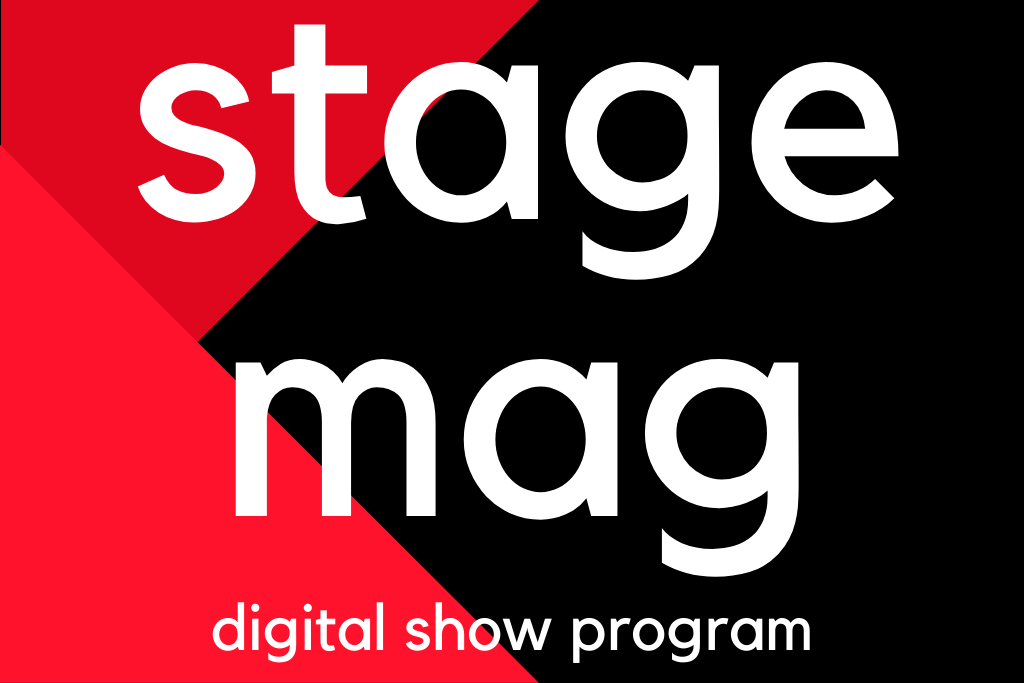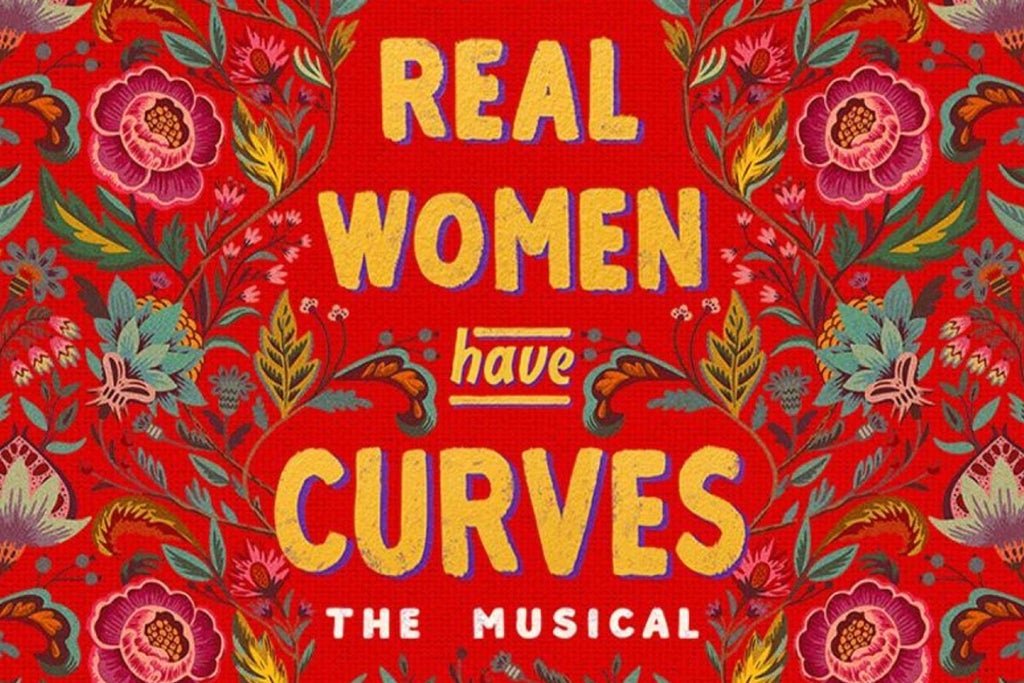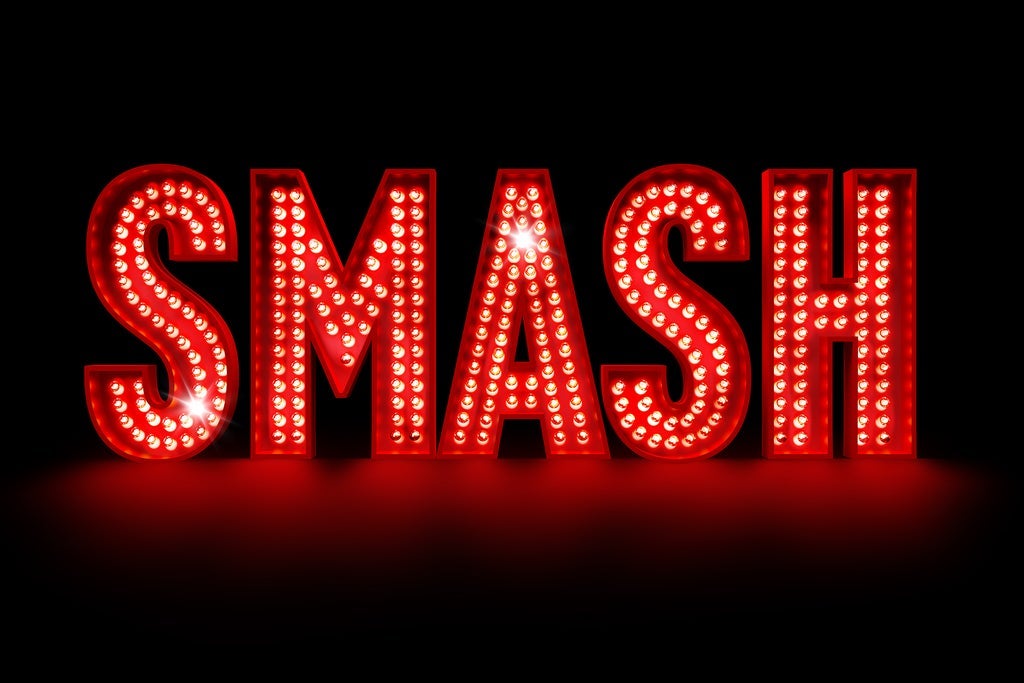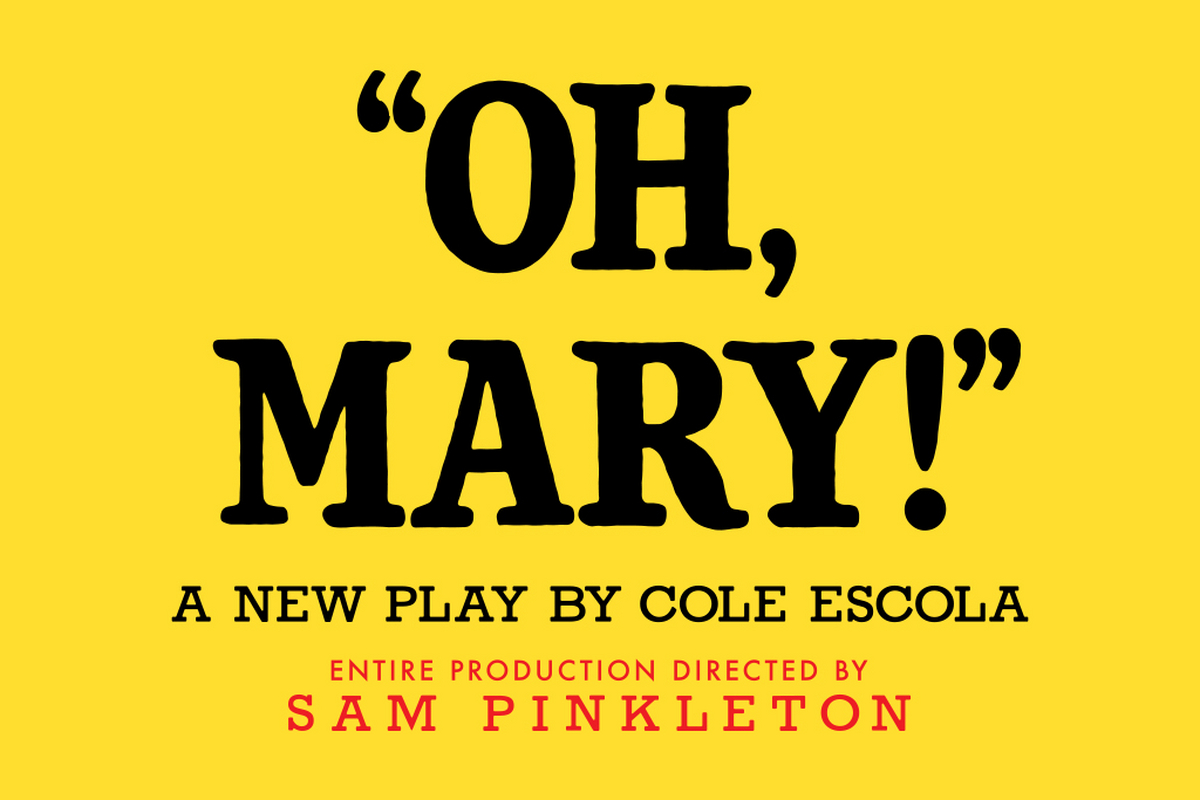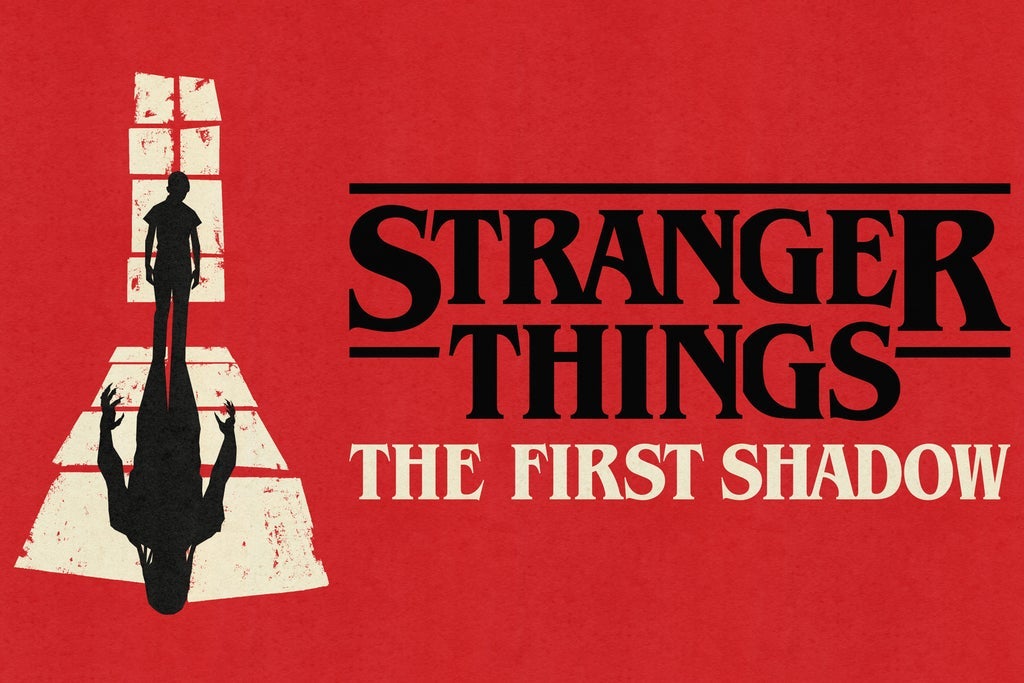First, it's bracingly suspenseful for a story that hinges on a parliamentary bill. Next, there's a misandrist streak here for the ages-one departs with the notion that royal males are oafish, and the U.K. is run by emboldened women. Last, the story is told in iambic pentameter and modeled on a clutch of Shakespearean tragedies and histories. The language, though, is contemporary and straightforward: 'But now I'll rise to how things have to be. The queen is dead, long live the King. That's me.'
Critics' Reviews
Ascension? It's a Royal Pain, in Suspenseful 'Future History' Drama 'King Charles III'
King Charles III: EW stage review
Though it was certainly never intended as such, Bartlett's text is also a boost to the recent argument (ignited by theOregon Shakespeare Festival) for presenting the Bard's work in modern vernacular. Richard III is written in free verse, an open form of poetry with no meter or rhyme, preferred by Shakespeare. But the language courses with the vivid moxie of 21st century life. Charles, in a moment of great frustration, refers to his subject's faces, 'Of no emotion, botoxed in place.' In a dazzling soliloquy in the first act, he speaks about the hipness and efficiency of GPS on a car, while smilingly comparing himself to a trusty old tool: 'When lost, and crisis strikes, we soon mistrust these modern ways, and reach for what we know: We seek the map.' We seek the map, too. Watching King Richard III is like looking at the topographical landscape of a familiar world, one which we faintly recognize despite not having yet seen. It is as fresh, as thrilling, and as awesome as an undiscovered country. A
'King Charles III' puts Shakespearean spin on imagined future of Windors
At its core, King Charles III, which opened Sunday at the Music Box Theatre, is pure soap opera -- Downton Abbey refigured with real-life characters and even posher addresses. But playwright Mike Bartlett is going for something heavier. At first, his 'fantasy' seems to both ennoble the monarchy and wink at our fascination with it. Characters speak in blank verse, so that the younger Windsors, in particular, can sound comically lofty.
‘King Charles III’ imagines life after Queen Elizabeth II
Pigott-Smith's vivid star turn anchors the production as the monarch-in-waiting who goes from nervous indecision to majestic might. 'King Charles III' is a fantasy, but the actor playing him is the real deal.
Theater Review: 'King Charles III'
Underlying everything is the conception of duty, raised pointedly when Harry must resolve whether he'll abdicate his position - whatever that is - to marry his free-spirited girlfriend (Tafline Steen) and become an ordinary man who can enjoy dining at Burger King. (To actually care about this silly young man's decision, framed as significant drama, you have to really be into monarchy.) Ultimately, the family stages an intervention with Charles, determined to do what's necessary - and it's pretty drastic - to set things right again in Britain. 'King Charles III' is quite wordy and likely more accessible across the ocean, but it's also unusually imaginative and a surprising bit of fun.
Broadway Review: ‘King Charles III’
Director Rupert Goold's ingeniously abstract staging calls upon the players in this Almeida Theater production to amplify -- even to the point of parody -- the correlation of the real-life characters they play to the Shakespearean models they're based on. Prince Harry (Richard Goulding), cavorting with his Falstaffian friends, embodies the very soul and image of Henry IV. Will and Kate effortlessly transform themselves into the Macbeths. And all the politicians who betray Charles represent all the court villains who brought down the ill-fated kings in the history plays. There's even a tragic parental ghost and some wicked witches to dispense bad advice.
King Charles III review – provocative drama tells a 'future history'
That said, the play, under Rupert Goold's typically clever direction, feels like more than a reasonable pastiche. It is a tragic work in its own right, about a man who has too long been denied power ('My life has been a ling'ring for the throne,' Charles says, in one of Bartlett's better lines) and finds that once he gets it, he wants even more. If some of the middle feels workmanlike, the ending has poignancy and heft. There is a moment in the final scene that invites and earns audience gasps.
Theater Review: The Difference Between Ruling and Governing, in King Charles III
As the use of blank verse suggests, Bartlett aims to dress up the skeeviness of this speculative royal-watching in Shakespearean grandeur, and he mostly succeeds. The iambic pentameter is supple and amusing ('But here's my husband, he's been on the phone') even if it depends a bit too much on auxiliary verbs to fill out the lines. The scene-closing couplets, the elaborately extended metaphors, the near quotations ('Say more. For nothing comes of nothing said') all support in language the Shakespeare-sized themes and characters he has tossed into the blender.
The Greatness of “King Charles III”
Time will have to tell whether 'King Charles III,' despite its high entertainment value, is quite as natural a fit on Broadway. Bartlett takes a far less sentimental approach than did screenwriter/playwright Peter Morgan in the Mirren vehicles; he demands of an audience a more sophisticated understanding of how a constitutional monarchy functions, and expects us to have some intellectual curiosity about this eccentric man, nearing 70, who's been waiting his entire life to take the throne.
'King Charles III' review: Wayward Windsors
One of the mourners at Queen Elizabeth's funeral says 'I never thought I would see her pass away,' to which an aging Prince Charles, finally preparing to ascend to the throne, answers 'I felt the same.' Are we meant to laugh at that line, as many did at the preview I saw of 'King Charles III'? Does playwright Mike Bartlett want the exchange to be a cheap joke, a camped-up wink at the tabloid-ready burdens of the royal family? ... This is just the first of many perplexing moments in the Olivier-winning London smash, times when I felt tossed around by the inconsistent tone and confusing intentions in what is cleverly subtitled 'a future history play.'
BWW Review: KING CHARLES III, The History Play Shakespeare Has Yet To Write
As Great Britain's oldest prince to ascend to the throne (he'll be turning 67 this month), the excellent Tim Pigott-Smith combines the weary countenance of one who has been dragged through the mud for decades with the brash enthusiasm of a new ruler ready to make his mark in history; though he's aware he has comparatively little time to do so. The text fluidly explains in dialogue how Britain's monarch holds a symbolic, apolitical position and is kept abreast of parliamentary matters by the country's true leader, the prime minister.
Review: Broadway's 'King Charles III' Ingenuous, Intriguing
Much like 'Hamilton' uses hip-hop and R&B to retell the story of Alexander Hamilton, Bartlett borrows England's greatest writer to frame a tale about what might happen when the current English queen dies. Bartlett uses verse and iambic pentameter to spin his web, leaning on 'Macbeth' and 'Richard III' and 'King Lear.' A splendid Tim Pigott-Smith reprises his role as King Charles III, which he played in London, leading it to a best new play win at the Olivier Awards. He fiddles with his cuffs like Charles and nervously turns his signet ring, but never falls into mimicry. His descent into madness is Lear-lite and Pigott-Smith is up to the task.
Playwright Mike Bartlett's conceit is to give us a fanciful forecast of the next chapter of the House of Windsor, devised and written in the best Shakespearean style. Bartlett--working with visionary director Rupert Goold, who originated this production at the Almeida Theatre--has made a smashingly good job of it, and King Charles III is smashingly good. Here is a new Shakespearean tragedy, and one at which you won't likely be dozing off.
'King Charles III' an entertaining new thriller
When was the last time you saw a new play that was written in iambic pentameter, or a futuristic fantasy about real-life, still-living political figures? Mike Bartlett's 'King Charles III,' a critical and commercial hit in London, audaciously applies the conventions of the Shakespearean history play to today's British royal family, who are portrayed immediately after the death of the currently reigning 89-year-old Elizabeth II.
‘King Charles III’ Broadway Review: Princess Di’s a Ghost and Kate’s a Real Witch
Mike Bartlett begins his play unpromisingly with yet another of those weekly meetings between a prime minister and a modern monarch. In this case, however, the monarch isn't Queen Elizabeth but her son Charles, who is suddenly king because his 89-year-old mom is now dead. How prescient of Bartlett.
Tim Pigott-Smith’s Masterful ‘King Charles III’ Goes To Battle Over Press Freedom – Review
The Shakespeare comparisons are appropriate for several reasons: Not only does Bartlett (and his skillful director Rupert Goold) imagine a tale of serious shenanigans within Buckingham Palace; he does so with an ear finely tuned to a theme of the moment. And while King Charles III brims with timeliness, the play unfolds in iambic pentameter, the blank verse that Shakespeare employed to addTafline Steen and Richard Goulding in King Charles III weight and beauty to the narrative.
Writing five acts mostly in iambic pentameter, Bartlett plugs directly into a tradition that uses scintillating metered poetry to connect the fortunes of a nation to the torments of a family. Had this speculative tale of Prince Charles ascending to the throne after Elizabeth II's death been executed in prose, it would have been a mere 'state of the nation' British drama with a bit of satirical cheek... Improbably, the twittish Prince of Wales approaches the introspective grandeur of Richard II, and we lean forward hungrily, gobbling up his cascading iambs.
'King Charles III': Theater Review
While there are interludes of pageantry that mark key turning points, what's most notable about Goold's direction here is its restraint. Unlike his hyperkinetic productions of Macbeth, with Patrick Stewart, or Enron, which tanked on Broadway after much London success, the focus is not on spectacle or tricks, but on the writing. Despite the entertaining theatricality of its language, the play is ultimately more notable for its depth of character and moral complexity, especially as concerns the key figures of Charles, William, Kate and Harry.
Review: In ‘King Charles III,’ Glimpsing the Near Future of Monarchy
As portrayed by Tim Pigott-Smith, in a fully fleshed performance that finds heroic dimensions in one man's misguided bid for greatness, this unsteady monarch acquires a pathos that might indeed be called Shakespearean. Yes, it's only a pen he holds, not a sword, as he stares at the unsigned documents before him. But in that pen lies the power to divide a nation and to erase a king's identity.




